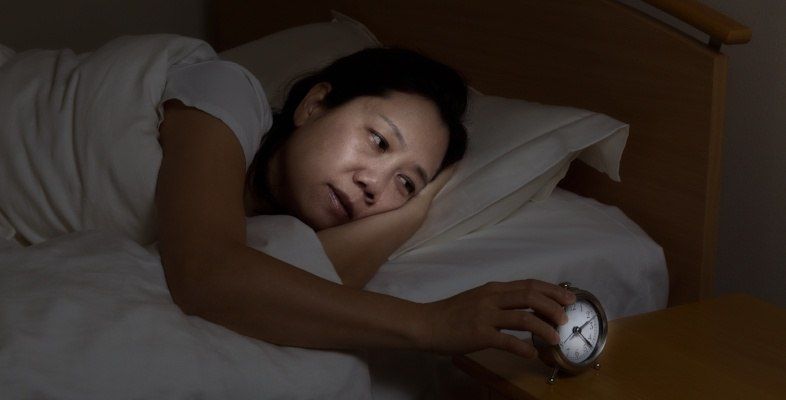March 1st, 2017 | 3 min. read

Good sleep is important, and not just because you need to stay awake during your Monday staff meeting. Getting the right amount of sleep can help lower your risk of certain illnesses.
Daylight Saving Time changes twice a year; it is no surprise that springing forward an hour is often more difficult than falling back. Losing just one hour of shut-eye can have more serious implications on our sleep cycles. That is because our bodies have natural cycles and rhythms that can’t be measured on a clock.Setting the clock back can often cause you to lose more than just an hour of sleep, which is a key component of a healthy lifestyle.
Circadian rhythm is the body’s natural, internal clock that helps us regulate when we get sleepy and when we should be awake. According to the National Sleep Foundation, circadian rhythm is controlled by an area of the brain that responds to light. That’s why we feel awake during the day, and sleepy at night. Because of this natural cycle, the body’s temperature is lowest right before we wake up in the morning, rises throughout the day and is highest in the late evening.
When we sleep, many internal functions take place: our bodies make cholesterol, create white blood cells and waste is removed from the brain - among other things. All our bodily functions are triggered into action the moment we wake up and continue until we wake the next morning.
When our circadian rhythm is disrupted by Daylight Saving Time, our bodies need time to adjust to the new cycle.
Daylight Saving Time not only disrupts your body’s natural rhythms and sleep cycle, but your overall quality of sleep as well. In the week following Daylight Saving Time, many people will wake during the night, rise earlier than normal or have trouble falling asleep. This results in poor quality of sleep for up to seven days following Daylight Saving Time.
No matter which way we are adjusting our clocks, springing forward or falling backward, our bodies’ natural rhythms must adjust to a new sleep cycle all over again.

Poor quality and lack of sleep in the days following Daylight Saving Time has a direct effect on our daily activities. In fact, there are studies that show an increased rate of motor vehicle accidents and deaths on the Monday following Daylight Saving Time. There are several side effects of sleep deprivation that range from short-term issues like slowed reaction times and alertness, to long-term health problems like weight gain and increased risk for chronic illnesses and immune disorders like ulcerative colitis and psoriasis.
If Daylight Saving Time affects your sleep, there are several steps you can take to help your body adjust more readily to the time change.
You may think you can adjust to Daylight Saving Time by going to bed an hour earlier than normal the night of the change. This may not be the best solution, because sleep patterns are triggered by your circadian rhythm, which is dictated by what time you rise.
Instead, if you have a schedule that allows you to do so, consider waking up an hour earlier a few days in advance of Daylight Saving Time so that it’s not such a shock to your body when it’s actually time to set the clock back.
Additionally, it is helpful to expose yourself to bright sunlight early in the day. If you normally leave your blinds closed all day, open them first thing, or step outside for a moment with your morning coffee. Because circadian rhythms respond to light, this will help you feel more alert and awake earlier in the day.
Another great way to improve sleep quality after Daylight Savings Time is start exercising in the morning, even if it’s just a 10 minute walk around the block. Exercise will increase your alertness and energize you for the day ahead.
It can be tempting, but it is especially important to resist the urge to sleep in until your body adjusts to the time change. If you find yourself needing that extra hour for more than a couple of days, you may have been sleep deprived before Daylight Saving Time and find that you have more trouble resuming your regular waking hours.
If you haven’t completely adjusted to the time change within a week, and are still finding it difficult to get out of bed in the morning, Daylight Saving Time may not be the only issue affecting your sleep.
There are many physical conditions that change with the seasons. If you feel that you are exhibiting signs of depression, always see your doctor.
Following these tips, you should adjust completely to new Daylight Savings Time hours within three to seven days.